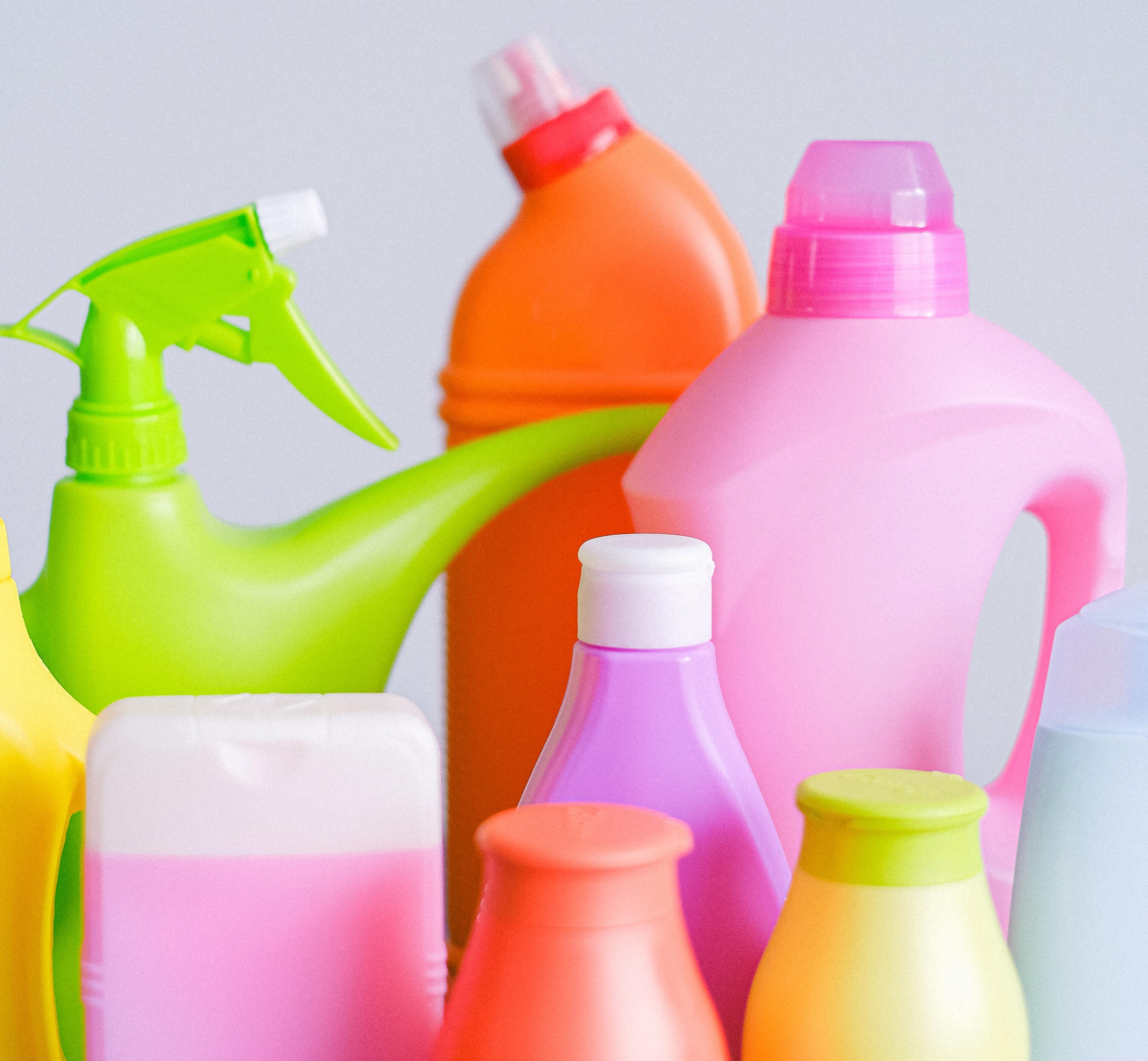As we approach the 2023 SEPAWA Congress that will take place on October 25th-27th, it's only appropriate we take time to look at the European Commission's regulation on detergents: EC No 648/2004. In this blog, we will provide an overview of the regulation, guidance on implementation, and examine the specific biodegradability requirements in depth.
4 posts tagged with "regulation"
View All TagsObtaining the Blue Angel Label on Airfield Movement Area De-icers
The Blue Angel ecolabel, also known as the German Ecolabel, is a internationally recognized label that denotes environmentally friendliness for a wide range of products. When it was developed in 1978 by Germany's Department of the Environment, it became the first of its kind in the world. 55 years later, it has become one of the most well-known ecolabels worldwide and continues to set the standard for eco-friendly products and services. Individual consumers and organizational purchasers recognize this symbol as a beacon that highlights ecologically superior products and promotes environmentally conscious consumption. One of the product categories that is covered under the Blue Angel label is Movement Area De-icers for airfields. The basic requirements cover biodegradability, chemical oxygen demand, limitations on ingredients, exclusion of substances, wastewater toxicity, fitness for use, and other elements; however, we will shine light on the biodegradability requirements specifically in this article.
EU Ecolabel Criteria for Cosmetic Products and Animal Care Products
The European Union ecolabel has been a mark recognized worldwide for over 30 years due to its ability to certify a product's low ecological impact. Looking back at its origin, the EU ecolabel was first established in 1992, which came a mere 14 years after the very first Blue Angel ecolabel released by the German government.
In late 2021, the EU implemented a significant change for the ecolabel criteria in cosmetics and animal care products. The largest changes come around the ecotoxicity and biodegradability requirements for the aforementioned product categories. Below, we will go into additional detail defining what these product groups are and the specific criterion to be awarded the EU ecolabel.
Throughout this blog, we will focus mainly on the specific criteria related to biodegradability rather than ecotoxicity.
California Introduces Sustainable Packaging Legislation
It should not be surprising to anyone that regulatory agencies around the world have recently begun implementing stricter sustainability legislation. In fact, right now, packaging waste alone can account for up to 25% of what is placed into landfills. A recent, direct attempt to combat this packaging dilemma comes from California. Gavin Newsom, California's Governor, recently signed a monumental piece of legislation into place taking affirmative action against ecosystem-harming plastics. This legislation aims to solve our plastic waste problem at its source rather than simply put policies in place to try to mitigate the aftermath that stems from introducing massive amounts of non-recyclable and non-compostable packaging into the environment.



